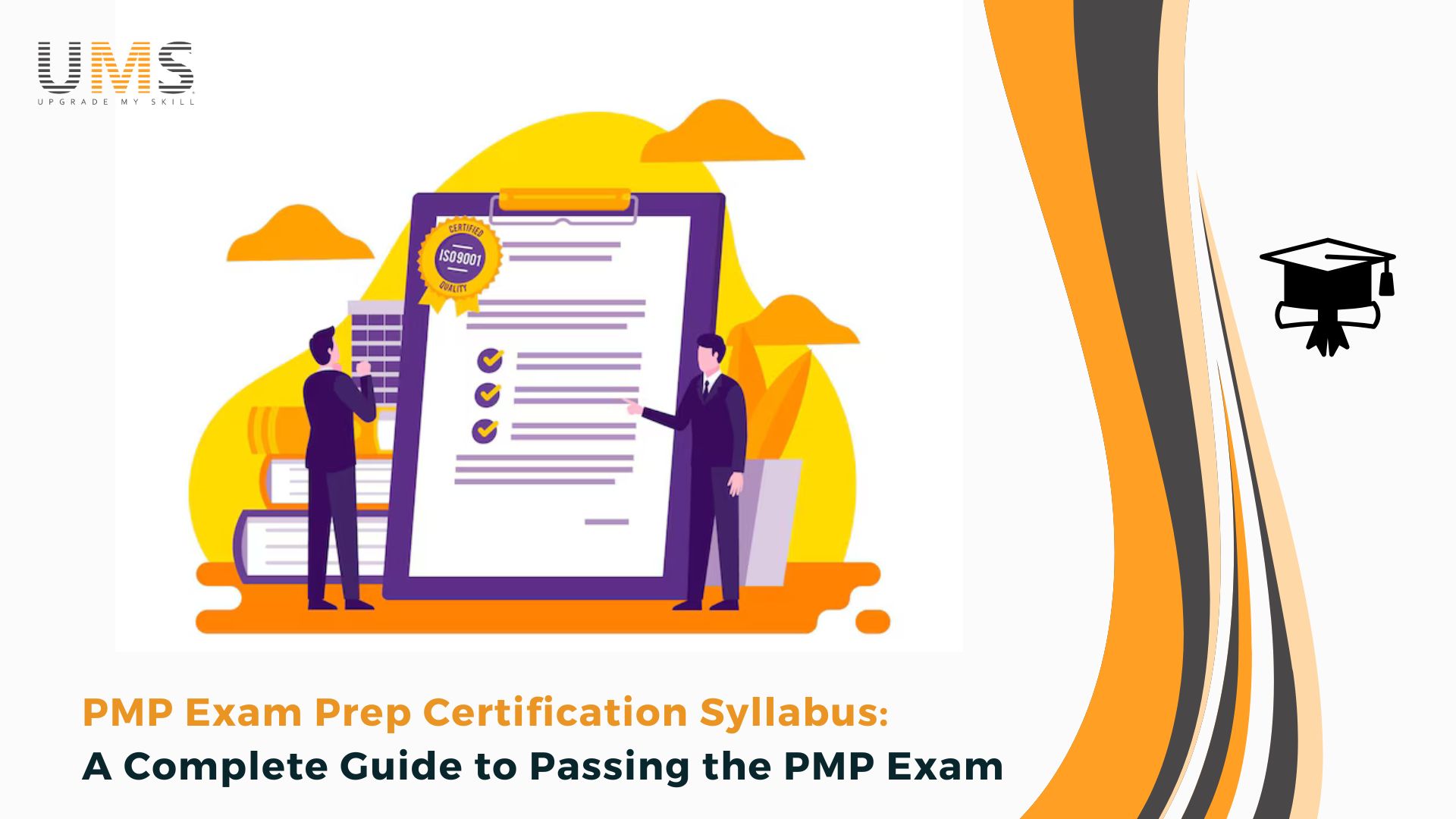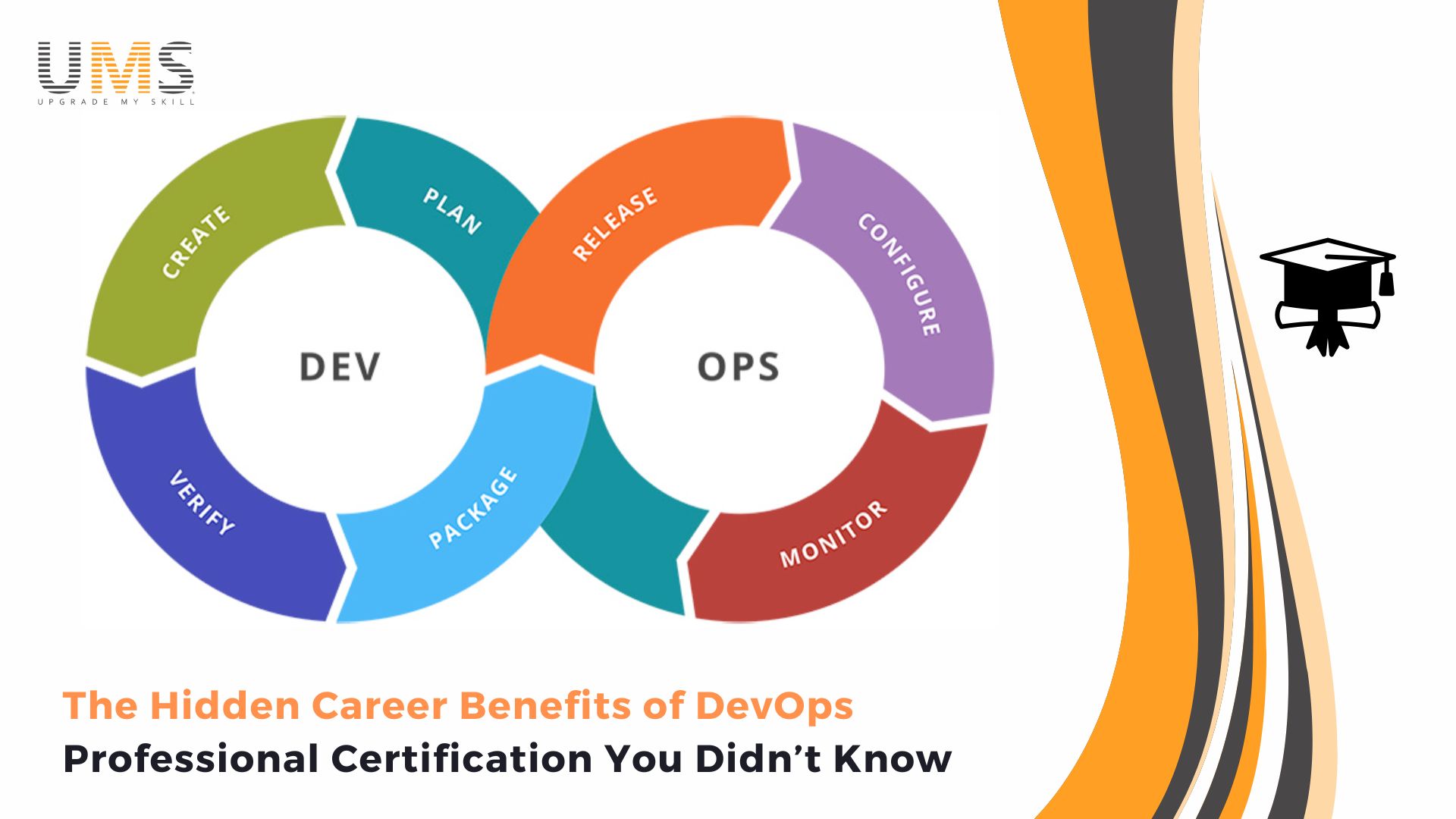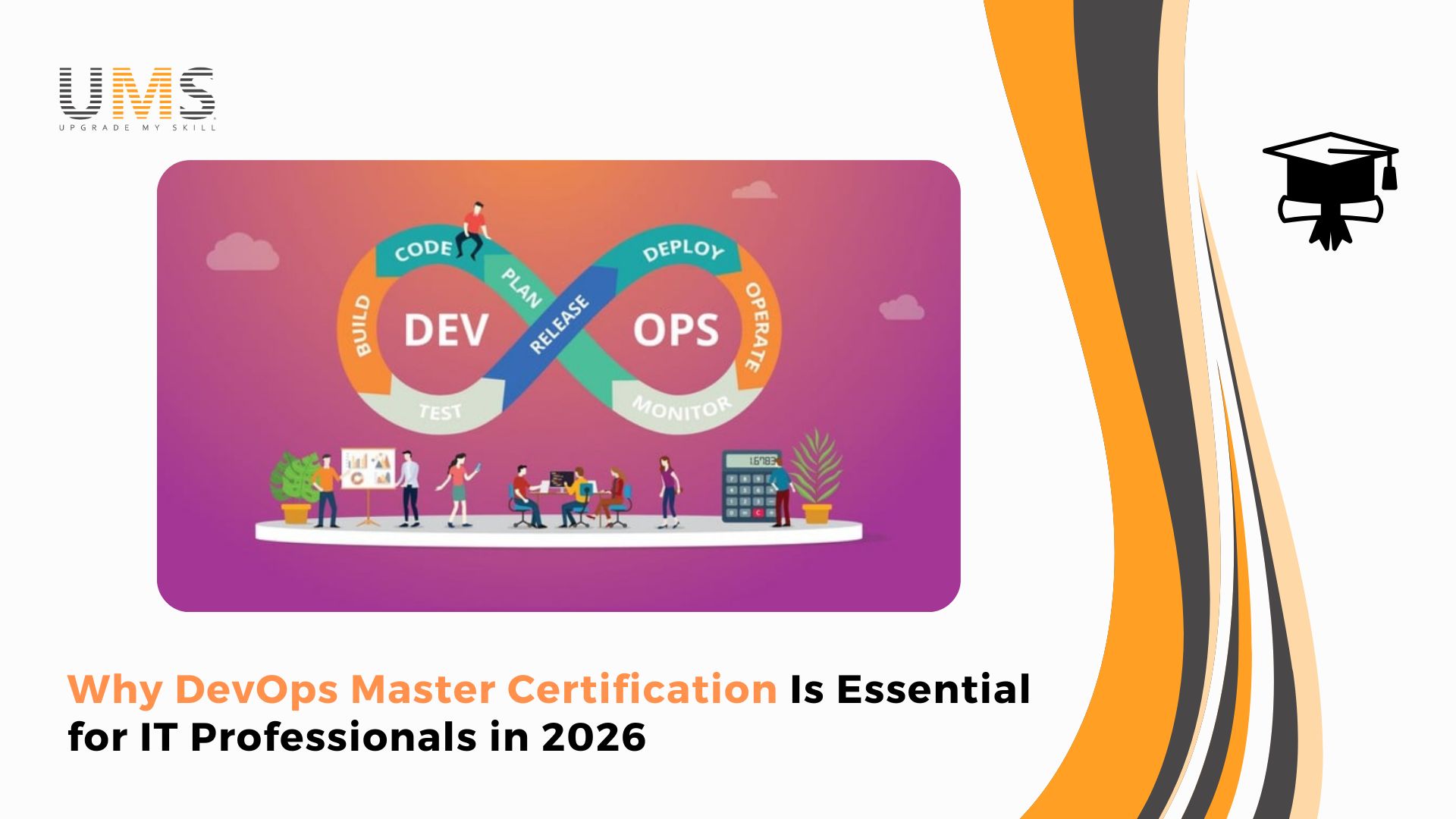- Posted By Admin
- Jun 26, 2025

The PMP® Exam Prep Certification by PMI is the most recognized and respected credential in the field of project management. It validates a professional’s ability to lead projects across industries using best practices, methodologies, and leadership skills. Preparing for the PMP exam requires a clear understanding of the current syllabus based on the PMBOK® Guide – Seventh Edition and the PMP Examination Content Outline. This guide breaks down the PMP Exam Prep Certification syllabus into its core components, helping you align your study plan and gain the knowledge required to pass the exam on your first attempt.
The PMP Exam Prep Certification is a structured training program designed to prepare candidates for the Project Management Professional (PMP®) certification exam, offered by the Project Management Institute (PMI®). This certification is globally recognized and demonstrates your ability to manage projects efficiently across various domains, methodologies, and industries. PMP Prep courses equip you with the necessary knowledge, tools, and techniques aligned with the latest PMBOK® Guide and PMP Examination Content Outline.
The course covers core project management principles, methodologies (Waterfall, Agile, Hybrid), best practices, and leadership skills required to lead complex projects. Whether you're an experienced project manager or looking to step into a leadership role, PMP exam preparation helps you gain the expertise and confidence needed to pass the exam and thrive in today’s competitive project environments.
Before diving into topics, it’s important to understand the exam’s structure and intent. The PMP exam is built around three domains People, Process, and Business Environment - each covering specific aspects of project management. The exam format consists of 180 questions to be completed in 230 minutes, including multiple-choice, multiple-response, hotspot, and drag-and-drop questions. You'll also encounter both predictive (waterfall) and agile/hybrid methodologies. Understanding the exam's blueprint, scoring process, and performance areas helps in planning a structured preparation strategy aligned with PMI’s expectations.
The People domain comprises 42% of the exam and focuses on leadership skills, team dynamics, and stakeholder collaboration. You will study team formation, conflict resolution, servant leadership, and building high-performing teams. The domain also includes coaching, mentoring, collaboration tools, virtual team management, and stakeholder engagement strategies. A strong emphasis is placed on emotional intelligence, motivation techniques, and interpersonal skills that enable successful team leadership. This domain prepares you to manage people effectively and drive project success in both traditional and agile settings.
This domain accounts for 50% of the exam and includes technical aspects of project management such as planning, scheduling, budgeting, quality, procurement, and risk. You’ll learn about managing project scope, developing cost-effective schedules, handling change requests, and implementing continuous improvement. Agile and hybrid project management approaches are covered alongside traditional methodologies. A key focus is integrating project activities across the lifecycle and using data-driven decisions to ensure project objectives are achieved. Mastery of this domain is essential to demonstrate your ability to manage all project phases with precision.
Making up 8% of the exam, this domain focuses on ensuring that projects align with broader organizational strategy. It includes understanding business value, compliance requirements, organizational change management, and benefits realization. You’ll explore how project managers influence organizational outcomes, manage external factors, and adapt project goals in response to business shifts. This domain is especially relevant for senior professionals aiming to drive innovation and competitive advantage through project delivery. It emphasizes the strategic thinking required for aligning project execution with enterprise goals.
The latest PMP exam places significant emphasis on Agile and hybrid approaches, recognizing that modern projects often operate in uncertain and fast-changing environments. This part of the syllabus covers Scrum, Kanban, Lean, and scaled agile frameworks. You'll study agile team roles, ceremonies, product backlog management, iterative planning, and value delivery cycles. You'll also learn how to integrate predictive and adaptive models in hybrid projects. PMI expects certified professionals to be versatile and ready to adapt methodologies based on project needs, making this a critical area for success.
The PMBOK® Guide – Seventh Edition introduces a shift from process groups to performance domains, such as Stakeholders, Team, Development Approach, Planning, Project Work, Delivery, Measurement, and Uncertainty. You’ll understand how to apply performance domains in real-world scenarios and connect them with project outcomes. In addition, you’ll be introduced to the PMI Talent Triangle, which emphasizes three skill areas: Ways of Working (technical), Power Skills (leadership), and Business Acumen (strategic thinking). These concepts shape PMI’s expectations for a well-rounded, modern project leader.
Success in the PMP exam depends on strategic preparation and regular practice. This section of your learning journey helps you design an effective study plan using PMI-authorized resources, flashcards, simulators, and mock tests. Time management, exam anxiety control, and adaptive learning techniques are also covered. Practicing real-world case studies and participating in discussion groups enhances your application-oriented understanding. By combining theoretical learning with situational practice, you'll be prepared not just to pass the exam but to excel as a certified project management professional.
The PMP Certification is a career-defining credential that proves your expertise in leading strategic projects. Whether you're aiming for a promotion, career switch, or leadership role, PMP equips you with the tools and recognition needed to succeed. With proper training, passing the exam becomes an achievable milestone in your professional journey.
At UpgradeMySkill, our PMP® Exam Prep Certification Training is designed for professionals ready to lead. With PMI-authorized courseware, expert instructors, case-based learning, and mock tests, you’ll be equipped to pass the exam and advance your career.
🎯 Enroll today and become a certified project leader in today’s competitive and dynamic business landscape.

DevOps Professional Certification enhances leadership, strategic thinking, and cross-functional influence. In 2026, it empow...

DevOps Master Certification equips IT professionals with advanced automation, cloud, CI/CD, DevSecOps, and leadership skills...

Lean Six Sigma Yellow Belt equips professionals with essential tools to solve workplace problems, eliminate waste, analyze r...